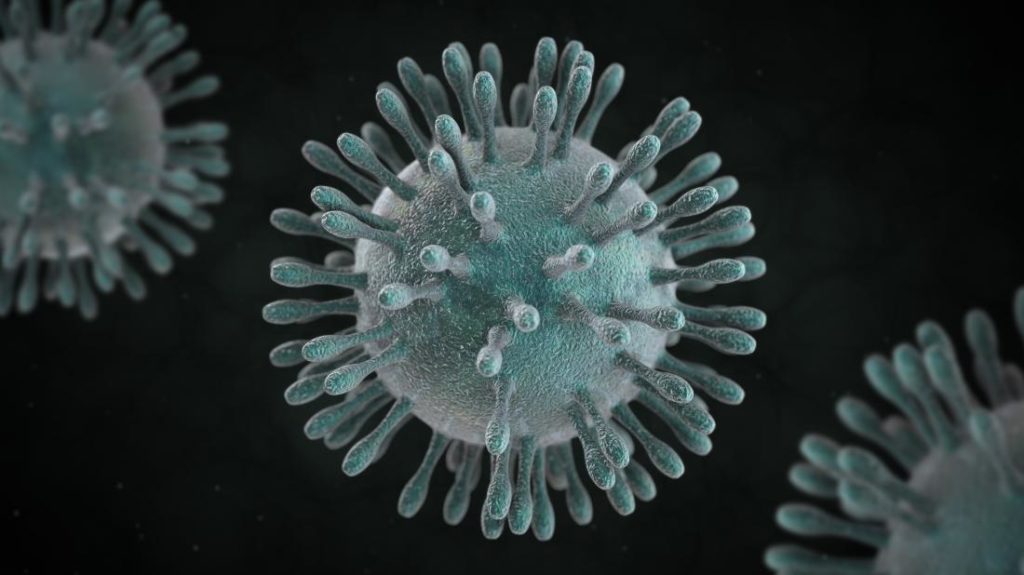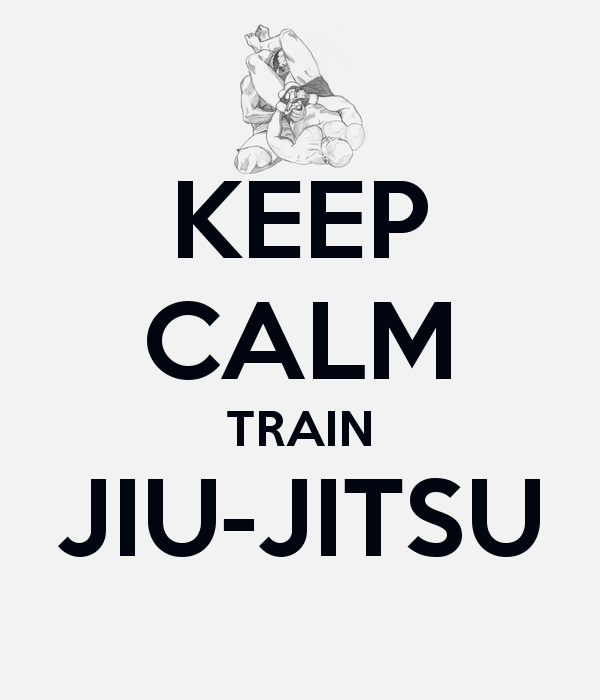BJJ and The Coronavirus: Tips For Rolling Safe
With the rise in panic about the Coronavirus outbreak, we thought it would be pertinent to shed some light on the matter, and how it applies to BJJ. Here you’ll find tips for rolling safe, as well as some background information on the virus itself.
for most of you reading this article, the Coronavirus might seem like a distant enemy that barely poses a threat to BJJ. If I was in your position I would no doubt be up to my usual Jiu-Jitsu antics without a worry in the world.
I’m currently writing this in Daegu, Korea, the city where I’ve been living in the past year. If you’re following the news, you may have heard that Daegu recently had a surge in cases of the Coronavirus. Just yesterday we identified our 40th patient. Though it may be hard to imagine, most of us in Daegu had the same perspective as you just last week, assuming we were safe, and far above becoming overrun by that pesky bat virus.
Well things have changed pretty drastically since. Now almost every member of the public are wearing facial masks, and that’s whether they’re actually in public at all, which is very unlikely. What I’m trying to stress is that a city can change from completely safe, to being in quite a corona conundrum literally over night.
Living in one of these cities has taught me a thing or two about the virus itself, and all the preventative measures one can take. In the unlikely event that your city/town suffers the same fate, you should be armed to protect yourself and others around you. This article will shed light on how to ensure this.
In terms of BJJ whether you decide to train at all really depends on where you’re living, and how affected by Coronavirus your town is. For those still training, this article will provide tips on how to minimize the risk on the mats too. First though we’ll give you an insight into what the Corona (or Wuhan) virus is exactly.
The Corona or Wuhan Virus

To ensure reliability, all information on the virus has been taken from the WHO (World Health Organisation) website, which will be frequently referenced.
What is it?
Coronaviruses are a large family of viruses found in both animals and humans. Only some of these infect humans, and are the cause of a variety of illnesses ranging from the common cold to Middle East Respiratory Syndrome (MERS) and Severe Acute Respiratory Syndrome (SARS).
This particular case is a new strain of Coronavirus, and therefore commonly referred to as the “novel” coronavirus, or 2019-nCoV. The issue with this strain is it hasn’t been encountered in humans before, and therefore suitable treatment is still in development.
Where did it come from?
The virus originated in Wuhan, China. In contrast to popular opinion, bats aren’t confirmed as the animal from which people caught it.
The WHO make the following statement on their website: “It’s likely that an animal source from a live animal market in China was responsible for some of the first reported human infections.”
The current state of the Coronavirus across the globe

To keep up to date on global distribution of cases, check out this frequently updated interactive world map.
You should use this map, and your local news to help make a decision about whether you should train BJJ at all. If you are still able to train, the information below will help you minimize the risk of infection.
Important facts, and how they apply to BJJ
Here we’ll list some important facts about how the coronavirus operates and how this effects BJJ. This understanding of the virus will be the first step to ensure your safety:
- Symptoms of the Coronavirus include a runny nose, sore throat, cough, and fever. In some cases it can be more severe, leading to pneumonia or breathing difficulties. Very rarely, and particularly in the case of old people, the disease can be fatal. If you’re showing any of these symptoms, do not train BJJ under any circumstances.
- Due to the similarity between corona virus symptoms and the flu or common cold, identifying the virus requires testing. Do not simply visit the hospital if you have symptoms. Call a medical adviser instead. Though this isn’t related to BJJ, it’s so important to highlight!
- Suffers wont show symptoms of the virus for up to 14 days, during which the virus can still be transmitted. So rolling with people who don’t show symptoms doesn’t necessarily mean you’re not at risk.
- The virus is transmitted “primarily through contact with an infected person through respiratory droplets generated when a person, for example, coughs or sneezes, or through droplets of saliva or discharge from the nose.” Obviously look to avoid this as much as possible off the mats.
- The duration that the virus can survive on a surface for still being researched, although it’s been confirmed to last for at least a few hours. Gym owners should take this into account when it comes to mat cleanliness.

Prevention
If you’re lucky enough to live in an area relatively untouched by the virus, following the advice in the pictures above would be an adequate response to minimize risk of infection.
If you live near a country that is affected, some extra measures such as the ones below might be necessary.
Again all the information provided is from the WHO website, and will be referenced through out.
Off the Mats
- Pay attention to the news – Being aware of the state of your area is the first step to responding to it correctly. Read up on the number of cases reported in and around your country, then decide on your response. I would recommend not going to train at all as soon as you hear of the first case in your town/city.
- Wash your hands – Wash your hands frequently with soap and water, for at least 30 seconds at a time. Bring an alcohol-based gel with you for times when you don’t have access to a sink. Clean hands are the first line of defense against the Coronavirus.
- Cover your mouth when you sneeze or cough – You’ll be surprised how much this reduces the risk of spreading viruses.
- Maintain social distancing – Maintain at least 1 metre (3 feet) distance between yourself and other people, particularly those who are coughing, sneezing and have a fever.
- Avoid Travel – Naturally any airports, immigration offices, or any other international buildings are high risk areas. At least if you have been on holiday recently, it would be worth at least waiting 2 weeks to see if you develop symptoms before considering training again.
- Wear a mask (if you have symptoms) – Contrast to popular opinion, masks aren’t effective when it comes to protecting yourself from others who may have the disease. They will however help to contain it if you already have symptoms yourself. It also goes without saying… wearing a mask wont protect you, or your partner whilst rolling. The best thing you can do is steer clear of the mats full stop.

The most effective face masks on Amazon for infection prevention
On The Mats
Jiujitsu obviously involves a lot of contact. It therefore comes with the territory that our gyms are notoriously clean. Coaches will always stress the importance of preventing things such as staph, ringworm, folliculitis, etc. There are however some extra measures you can take for BJJ on top of that to ensure your safety against the Coronavirus.
Gyms in Daegu are currently closed due to the rise of cases in the city. Before that however, people had been practicing the following measures:
- Wash your hands and feet before and after stepping on the mats – Even if you’re washing your hands frequently off the mats, it’s critical that you’re mindful of washing your hands at these times.
- Train with familiar people – Though many people won’t have this luxury, if you can afford to have your own mat space, training with familiar people who you know haven’t traveled and don’t have symptoms is ideal. If you can’t afford it, at least try rolling with people who haven’t traveled recently to your gym.
- Don’t over train – Your immune system is like your castle walls against the corona onslaught. Maintaining a healthy diet, sleeping enough and not pushing your body to its limits is key to keeping a strong immune system.
- Ask your coach about the measures they’re taking – Though jiujitsu gyms are famously clean, It may reassure you to hear your BJJ coach is making the extra effort to keep it coronavirus free. Maybe they’ve sent out an email to raise awareness of the members, or maybe they’re not allowing drop ins for the time being. That’s what they were doing out here in Korea at least.
Most Importantly

The majority of you reading this article will be in super low risk areas, where only basic measures will be required to prevent the spread.
If that’s the case, don’t let the media and hysteria stop you from enjoying the hobby you love. Just be conscious of the news, and the basic preventative measures you should be taking.
If you’re country is mildy affected (1-10 cases), taking the extra precautions is recommended, but you wont need to stop training.
As for me, with over 120 cases currently in Daegu, I’ll be home bound for the next week watching jiujitsu videos and choking out my pillows, so consider yourselves lucky.
You can find articles like this, and many others regarding JiuJitsu and travelling at roamingrolls.com






